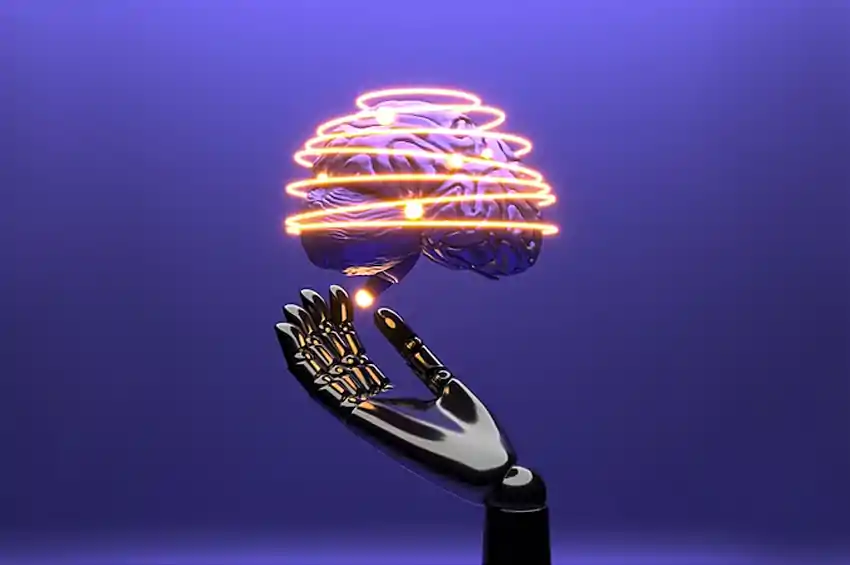A U.S. Court recently ruled that AI-generated art is copyright-free, leading to discussions within the artistic community and beyond. The rise of AI-generated artwork has sparked debates about ownership and copyright. This ruling could be pivotal in how future cases are decided.
The Dynamics of Copyright Laws and AI Creations
This ruling carries significant implications for both artists and consumers. On one hand, it challenges traditional notions of authorship and raises concerns about protecting intellectual property rights.
Artists who invested time, effort, and resources into training AI algorithms to create unique pieces may now face challenges in claiming ownership or monetising their creations. Conversely, the decision also introduces opportunities for artistic collaboration, creativity, and innovation.
The interplay between copyright laws and AI-generated art has raised intricate legal questions. Copyright law grants creators exclusive rights to their original works, spanning visual arts, music, literature, and more.
However, determining rightful ownership becomes complex with AI-created content. Traditional copyright laws attribute authorship only to humans, creating a dilemma when AI systems autonomously generate art.
The question arises whether copyright protection should extend to these creations or if they should remain copyright-free due to their non-human origin.
Legal frameworks differ across jurisdictions. In some countries, AI-generated art might not qualify for copyright protection. However, recent U.S. Court rulings treat AI systems as tools rather than legal entities.
The Decision: U.S. Court Ruling Shakes Grounds
A U.S. Court declared that art generated by artificial intelligence (AI) is not eligible for copyright protection. The ruling, a significant precedent in AI-created content, stems from a lawsuit against an online platform selling AI-generated art. The court justified this verdict by emphasising that copyright law safeguards creative works from humans.
Given AI’s lack of human authorship, it’s ineligible for copyright protection. The decision acknowledges AI algorithms’ capacity to create unique and aesthetically pleasing art but denies them the legal status of an author. This ruling triggers discussions about ownership and intellectual property rights as machines increasingly contribute to creativity.
Moreover, it prompts reflection on evolving art definitions and challenges conventional notions of authorship.
Implications and Future Outlook: Exploring the Ruling’s Ramifications
The recent U.S. Court ruling labelling AI-generated art as copyright-free bears substantial implications and offers intriguing prospects. Primarily, it disrupts traditional authorship and copyright paradigms, ushering in a new era of creativity. As AI advances, artists may collaborate with AI systems or leverage them as creative tools, blending human and machine contributions in art.
This ruling’s consequences might extend beyond art into other industries. It raises questions about legal frameworks for AI-generated content in music, literature, and film.
Discussions arise about crediting or compensating stakeholders when AI autonomously creates valuable intellectual property. Ethical concerns also surface—AI algorithms learning from copyrighted material introduce complex plagiarism and infringement issues.Striking a balance between nurturing innovation and safeguarding intellectual property rights will shape future legislation significantly.

